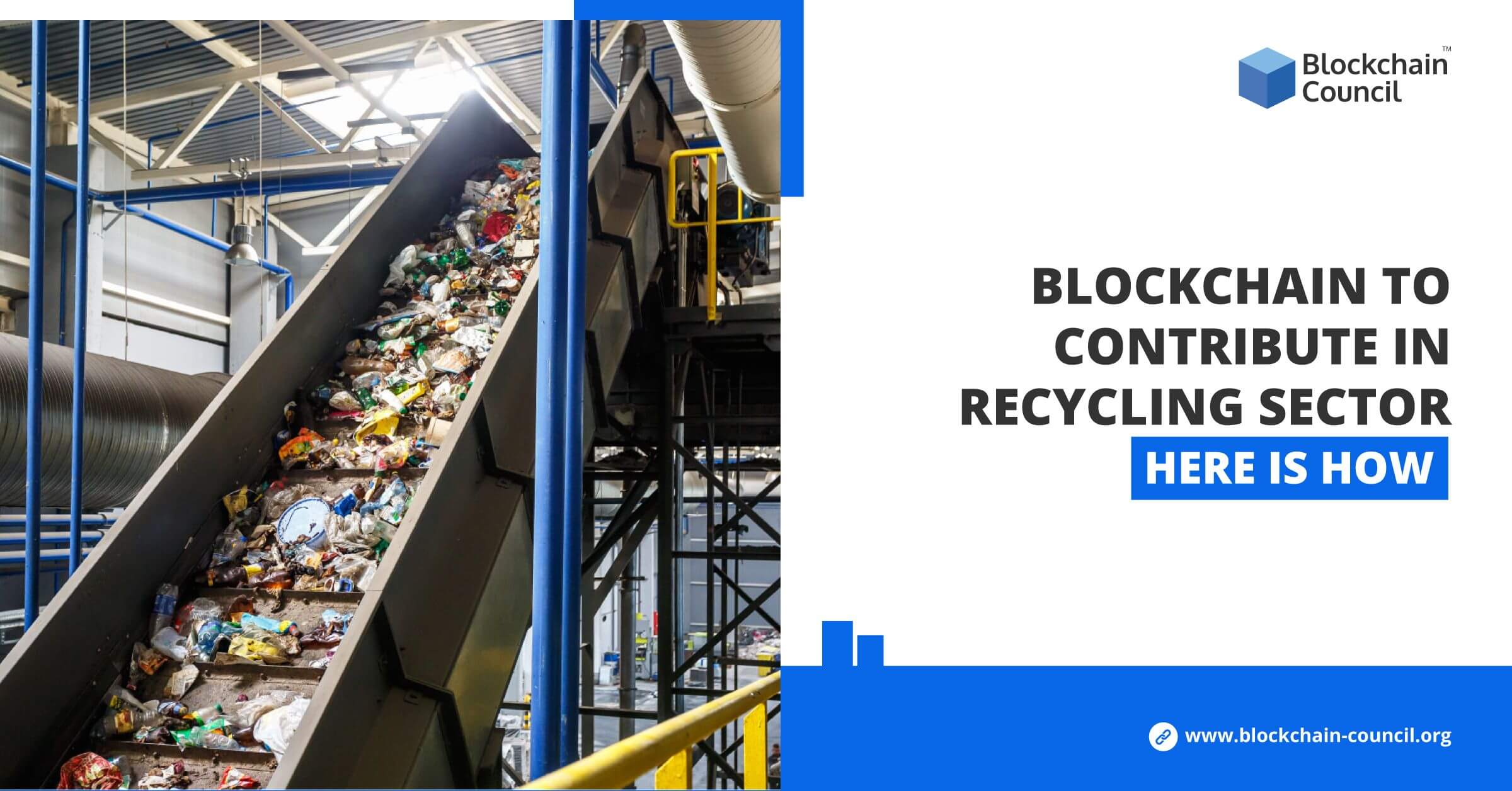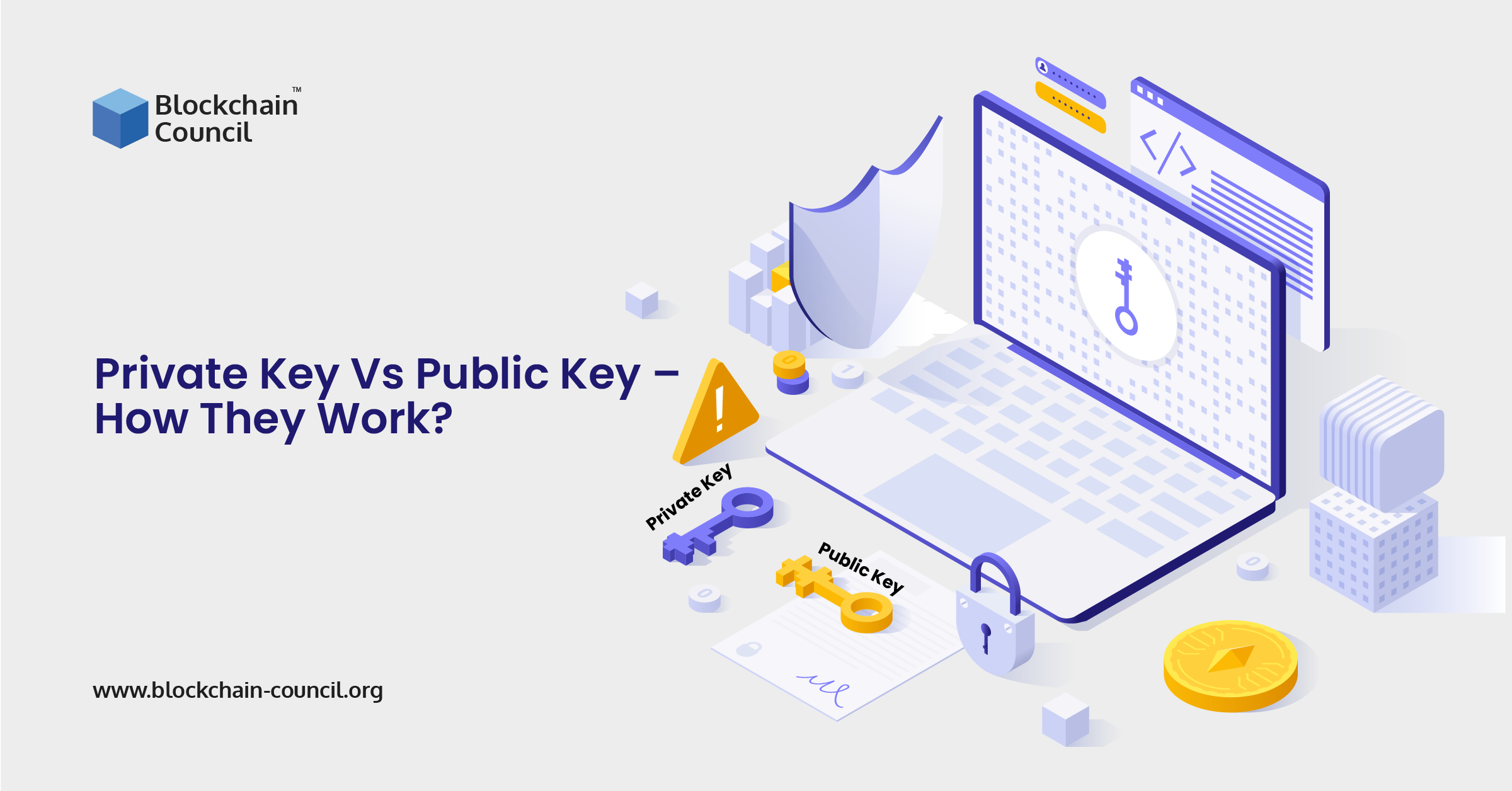
- Toshendra Kumar Sharma
- January 05, 2023
Wondering how blockchain can contribute to the recycling sector? If yes, you have landed at the right place. This article explains why companies need blockchain and what is the role of blockchain in bringing transparency.
Blockchain Not Just for Finance Anymore
Gone are the days when blockchain was majorly known to transform the financial sector by fastening cross-border transactions with accurate recording capabilities without involving third-party intermediaries. Blockchain is a peer-to-peer, decentralized, distributed ledger technology that promises to eliminate the need for trusted centralized agencies. As the field of blockchain is soaring, at present, it has its footprints in almost all industries, be it supply chain, digital identity management, eCommerce, healthcare, and others. With increased adoption and repeatable use cases, recycling is another significant domain that has the potential to lessen the burden of waste and recycling. Leveraging blockchain may not eliminate the root cause in a day, but it could help ease and make the process much more transparent.
Want to gain an in-depth understanding of blockchain technologies and its use-cases? Check out- Blockchain Council.
Why Blockchain is Needed in Recycle Domain
Nowadays, waste management is in critical shape. According to Statistics, the global recycling market is foreseen to reach $377 billion by 2024. Plastic waste management is another severe issue impacting today’s environment. Since recycling systems are rather insufficient, blockchain can bring greater supply chain visibility in the recycling sector for better decision-making capabilities. The purpose of introducing blockchain is to fit everyone in the value chain, with accurately detailed and trustworthy data about recycled products.
Due to its high potential, companies are successfully trialing this new technology to alleviate the planet’s waste problems.
Blockchain Platform to Bring Transparency
Due to its increased burden of regulations and for accurate record information, blockchain is crucial in the recycling domain. The recycling process has to pass through several entities before reaching its final destination. Thus, to track goods in order to ensure its quality and provenance, blockchain provides complete transparency. In complicated supply chains, blockchain lets everyone, right from port authorities to manufacturers, track the journey of recycled goods from source to its final destination.
Stan Chen, CEO of recycling platform RecycleGo believes that “The more visibility you have in any kind of supply chain, the more you’re able to engage in enterprise resource planning, including pricing and purchasing decisions and inventory management, which has a direct impact on protecting your margins and ultimately your value creation as a whole.”
Insead executive Michael Peshkam co-authored a report titled “Transforming Plastic Pollution Using Blockchain,” which states how blockchain can help sustainable plastics business. Technology can bridge the packaging gap between packaging items and the parties that practice it. By leveraging blockchain, participating parties can share information with complete confidence with worrying about security and without relying on central authorities, unlike traditional systems.
According to the recent announcement, RecycleGo has partnered with the DeepDive Technology Group to leverage blockchain for maintaining supply chain transparency. Although RecycleGo that aims to improve the recycling system is in its initial phase, Chen believes that the platform can handle a million pounds of recyclables per month.
As the project is in its initial stage, the first phase will help participating parties to track when a specific plastic product was created, collected, and converted back to its raw material form and when shipped back to the manufacturer to make another plastic bottle for utility purposes. Thus RecycleGo can help in tracking the complete history of the plastic product.
RecycleGo is powered by Hyperledger Fabric, which is an open-source framework. Misha Hanin, CEO of DeepDive, also explained that the project would also use a combination of IoT sensors and QR-codes to collect data, where all the data will be uploaded and recorded to the blockchain ledger.
Startups Leveraging Blockchain
Startup Plastic Bank that collects and recycles ocean plastic is leveraging blockchain technology. Plastic Bank offers incentives issued through digital tokens. When plastic wastes reach Plastic Bank centers, digital tokens are distributed through smart contacts, and every single transaction is then recorded on the Hyperledger Fabric platform, and then finally, Plastic Bank then sells its recycled plastic to manufacturers.
Apart from this, Agora Tech Lab, a Netherlands-based company, is also leveraging Ethereum blockchain to control waste management.
Conclusion
From the above discussion, it is clear that blockchain has already entered into the recycling domain for good, and the way it works is incredibly simple. Blockchain-enabled smart contracts could help assist in smoothing the recycling process without compromising security. Blockchain, with its decentralized and tamper-proof nature, would create a level of responsibility across every member of the recycling lifecycle.
To get instant updates about Blockchain Technology and to learn more about online blockchain certifications and become a blockchain expert, check out Blockchain Council.
If you want to keep up with the trends of blockchain industry, join our communities on Discord, Reddit and Telegram.



































































 Guides
Guides News
News Blockchain
Blockchain Cryptocurrency
& Digital Assets
Cryptocurrency
& Digital Assets Web3
Web3 Metaverse & NFTs
Metaverse & NFTs
